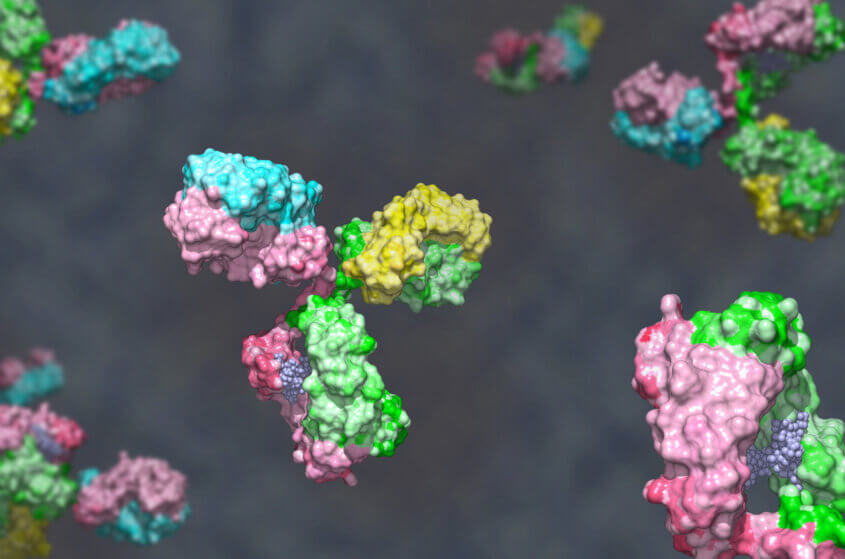ILPTO update: Differences in glycosylation profiles may be sufficient to support PTE eligibility of proteins
In a recent ILPTO PTE update, we reported that the ILPTO rejected a PTE petition for the drug Nexviazyme (avalglucosidase alpha) on the grounds that its registration is not the first regulatory approval permitting the use of the API in view of the previously registered drug Myozime (alglucosidase alfa). These APIs contain the same amino acid sequence of the enzyme but avalglucosidase alpha also has covalently attached glycan moieties. The ILPTO held that although the different glycosylation led to superior pharmacokinetic properties, avalglucosidase alpha cannot be regarded as a new API because it has the same amino acid sequence as the previously approved enzyme.
The decision was overly restrictive and inconsistent with previous ILPTO case law and has now been indeed overturned on appeal. The Deputy Commissioner held that a protein with the same amino acid sequence can nevertheless be “new” for PTE purposes if it has a novel glycosylation pattern which provides for significant differences, for instance, in the pharmacokinetic properties of the protein. The Deputy Commissioner placed significant emphasis on the fact that the different glycosylation pattern was intentional and the result of covalently attached glycan moieties. It is yet to be seen whether “unintentional” differences in glycosylation resulting from a novel manufacturing process will also be regarded as giving rise to a “new” protein. We believe they should as long as it is possible to demonstrate that the differences impact some pertinent property of the protein.
This update article is provided for general information only and is not in lieu of legal advice. Please contact us directly for any required advice on specific matters.
